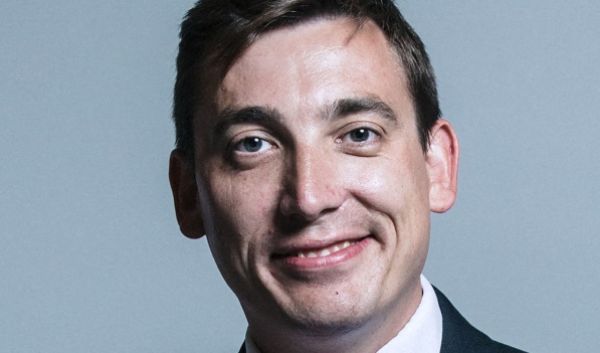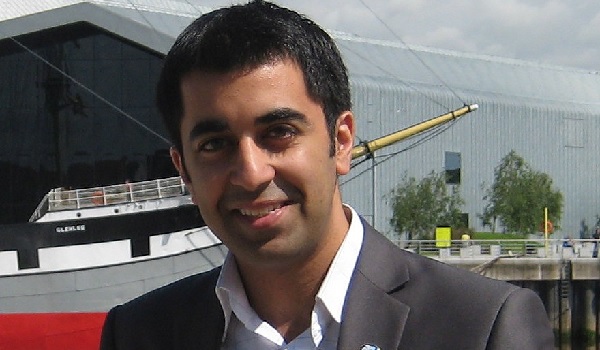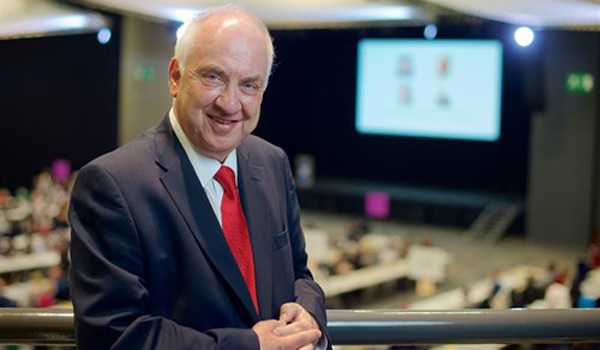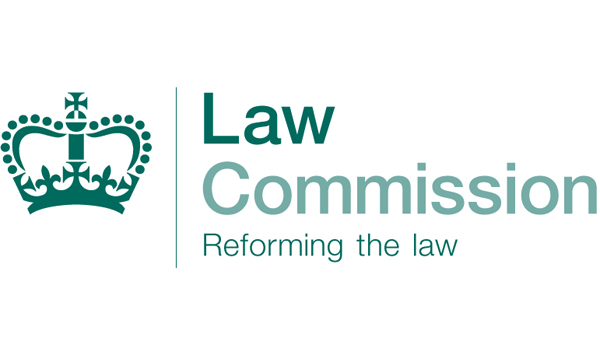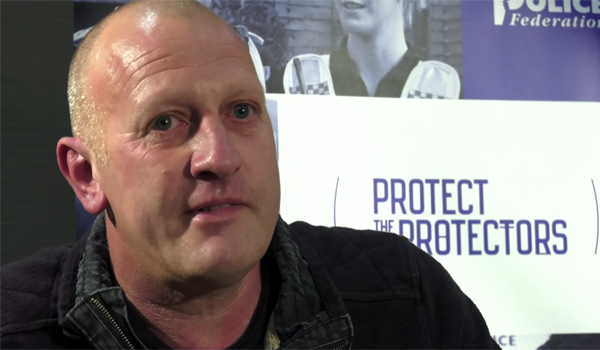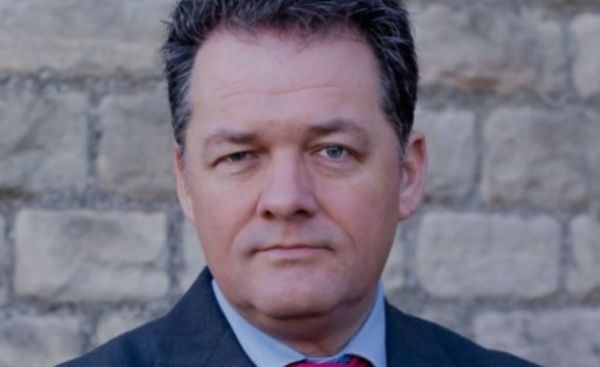Prostitution debate: Burden should be on buyers not sellers, MPs say
First-hand evidence from police forces has prompted a group of MPs to demand an end to the “national scandal” of human trafficking by criminalising paying for sex.
The burden should be on customers, rather than sex workers, the All-Party Parliamentary Group (APPG) on Prostitution and the Global Sex Trade believes.
An inquiry by the APPG – launched following growing reports of organised crime groups establishing so-called ‘pop-up’ brothels – concluded that the Government’s strategy to combat sexual exploitation is failing, with the UK being currently a low-risk destination for traffickers.
The investigation findings, which took evidence from half of all forces in England and Wales and included MPs accompanying officers on visits, found the practice of short-let brothels to be widespread – allowing women to be trafficked around the country for sex by criminal gangs and enabled by ‘prostitution procurement websites’ such as Adultwork.
APPG on Prostitution chairman Gavin Shuker says it is a minority of UK men who pay to sexually access women’s bodies who are driving this form of modern-day slavery.
The inquiry report – Behind closed doors: organised sexual exploitation in England and Wales – noted changing patterns but the “challenge to lawmakers remains the same as it ever was – to take action to reduce the scale and impact of prostitution”.
The main recommendations build on two previous reports by the APPG on Prostitution that looked at the right legal settlement and on how to implement an effective sex buyer law.
They include: follow the US lead by preventing websites advertising and profiting from prostitution; establish a national register of landlords and issue guidance for the short-term letting sector on preventing sexual exploitation; and remove the criminal offence of soliciting in a street or public space for the purpose of ‘selling’ sex to support women being sexually exploited to seek help and rebuild their lives.
The latest report reveals that in the last month there were at least 212 active, ongoing police operations into modern slavery cases involving sexual exploitation.
Last year there were 1,185 referrals of potential victims but campaigners suspect these figures represent a fraction of the real problem.
The report showed it is also overwhelmingly foreign national women who are being exploited in British brothels.
Leicestershire Police visited 156 brothels, encountering 421 women, between the beginning of January 2016 and the end of 2017. Some 86 per cent of the women in the brothels were Romanian.
Northumbria Police visited 81 brothels between March 2016 and April 2018. Of the 259 women they encountered, 75 per cent were from Romania. More than half of the brothels were recorded as being connected to other brothels, agencies or non-UK Organised Crime Groups.
Greater Manchester Police has identified 324 potential new brothel addresses since March 2015. The force reports that “the majority reflect the hotspot areas for modern slavery in Greater Manchester”.
One unnamed police force reported to the inquiry that a man being investigated for sex trafficking had spent so much money placing adverts of women on one commercial website, over £20,000, that the website gave the man his own account manager.
And the National Crime Agency told MPs that adult services websites “represent the most significant enabler of sexual exploitation in the UK”.
A study of 6,000 UK men found 3.6 per cent of men report having paid for sex in the past five years.
Detective Constable Julie Currie, from the Metropolitan Police Service’s Modern Slavery and Kidnap Unit, told the inquiry: “In the vast majority of cases males paying for sex will give no thought to where the woman has come from or what circumstances have led her into prostitution.”
Northern Ireland, the Republic of Ireland, France, Iceland, Norway and Sweden have all criminalised paying for sex and decriminalised selling sex in order to tackle demand from sex buyers.
The most recent study on sex buying in Sweden, the first country to adopt this ‘end demand’ approach, found 0.8 per cent of men had paid for sex in the previous 12 months – the smallest proportion recorded in two decades and the lowest level in Europe.
Mr Shuker said the “industrial scale” of organised exploitation “taking place in this country is a national scandal”, adding: “Right now the traffickers are winning.
“The Government must act now to combat demand for sexual exploitation by criminalising paying for sex.
“It is money from sex buyers that lines the pockets of traffickers. Without their demand there would be no ‘supply’ of women into this ruthless trade.”


